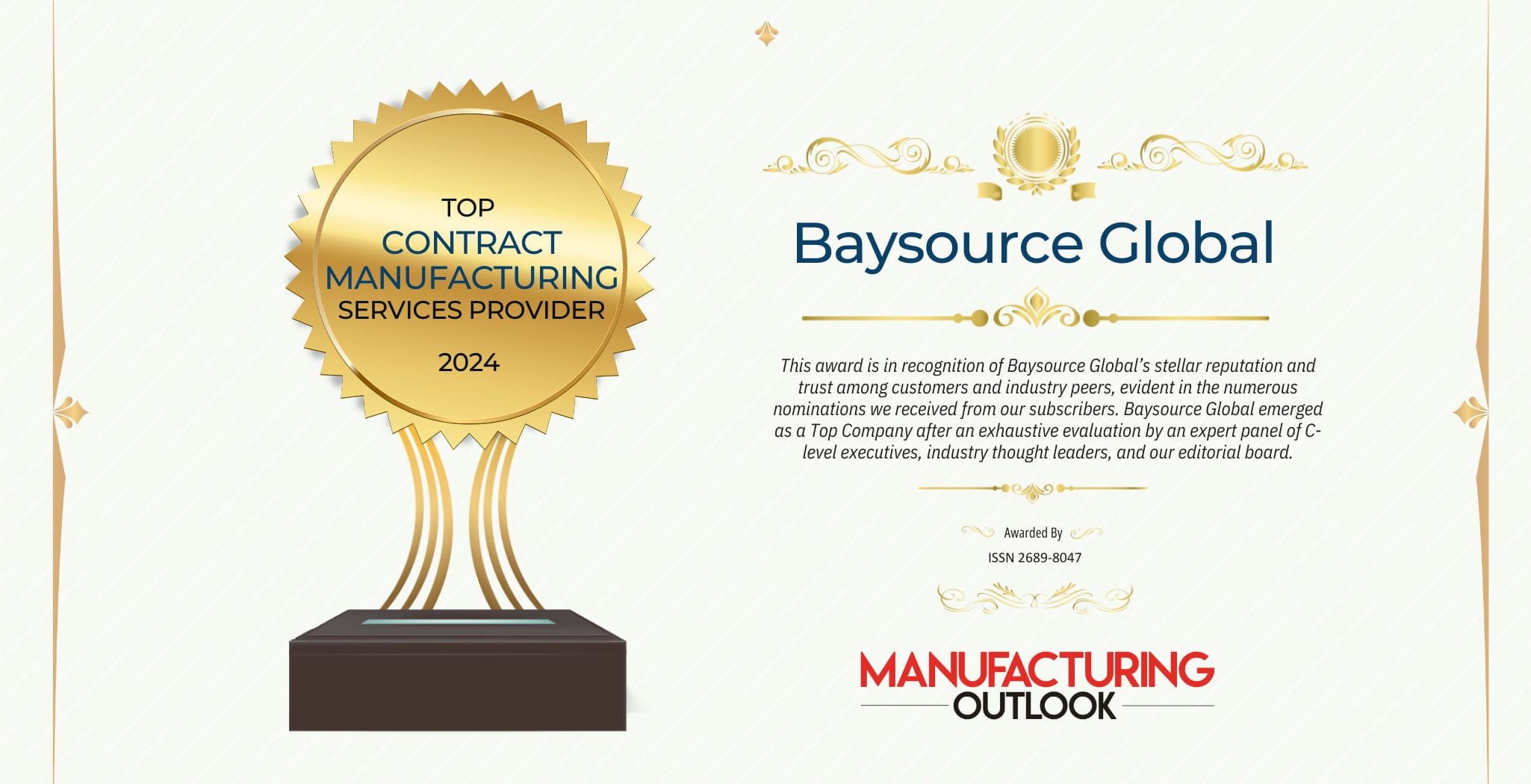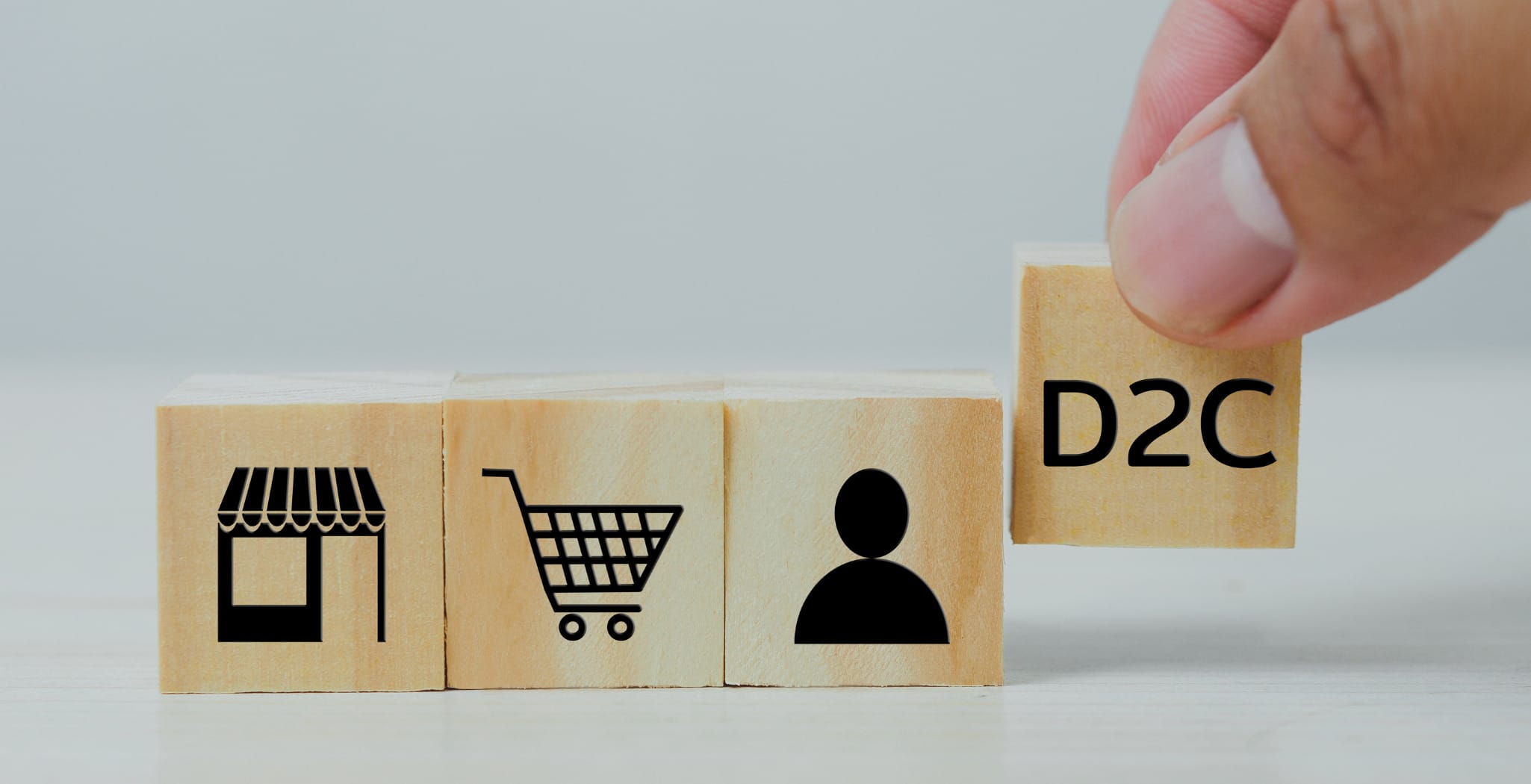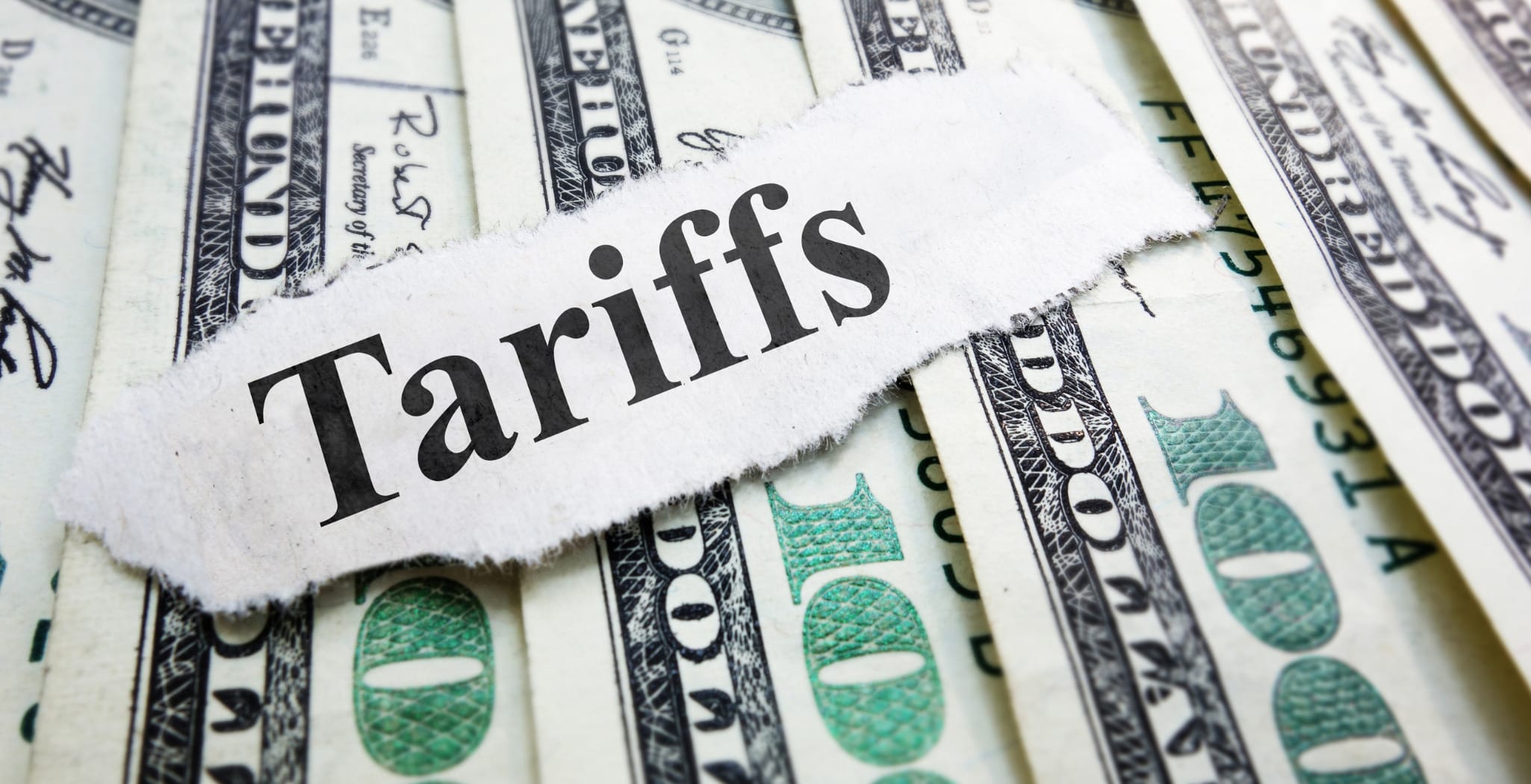”Or worse than that, business owners import blindly. They figure that the different culture, the different laws, the work that needs to go in to building maintaining a relationship with a manufacturer, is all too hard. The goods are so cheap they figure they’ll risk it. They mentally prepare to throw their money to the wall,” Goodhand says.
No one knows this better than John Hunt, who sits on the Australia China Business Council’s committee in Queensland, and runs Mox Group, an industrial hardware and software provider with more than 400 employees.
He says that alongside wilful blindness, many business owners who come to the ACBC for advice have been arrogant in their dealings with Chinese manufacturers.
”The dictator approach runs something like this: ‘We know exactly what we want and we’re going to tell you how it needs to be done.’ That attitude is hardly conducive to a long term relationship,” Hunt says.
DealsDirect.com.au, a fast-growing online retailer with revenue of about $40 million in 2006-07, has been buying direct from Chinese manufacturers since 2005.
The founders, Michael Rosenbaum and Paul Greenberg, started out as most Australian business owners do – attending trade fairs and using a local agent.
But the big profits were out of reach while middle men carved out commissions.
”The future of retail is selling direct from the manufacturer in China to the customer’s front door,” Greenberg says.
They spent the first few months of 2005 testing their business model with trading companies (these are similar to wholesalers in Australia).
”It’s important to get comfortable before committing to sourcing on your own,” Greenberg says.
Their next step was to hire a Shanghainese buyer that had spent the previous decade working with Go-Lo – the pioneers of discount retailing in Australia – and open a small office in Shanghai.
Their representative then started sorting through the factories that presented at trade fairs and building relationships with those that had a strong reputation.
”Now that we’ve been in China for a few years manufacturers will travel to us [in Shanghai] and line up in the passage way to show us their wares,” Greenberg says.
Their Shanghai representative now runs an office of eight. He receives a commission for each product he sources himself, and he is paid a fee for maintaining close relationships with each of the factories DealsDirect buy from.A big part of his job is quality control. He gives factories 3-4 hours out of Shanghai spot checks and arranges for each container load to be randomly sampled before it leaves China’s ports. If faults are found the goods are sent back to the factory.”We do visit factories and I’ve never seen sweatshops. We wouldn’t deal with sweatshops. We go to professional factories that are impressive by any standards. Quality is important so the goods can’t be manufactured in a backyard,” Greenberg says.
Faulty products do occasionally reach Australian customers, but Greenberg says he has never dealt with a manufacturer that refuses to send replacements in a later shipment.
”If you go in there with the right attitude and work with courtesy you’re not going to be left in the lurch. In any case, the Chinese are looking for repeat business. They don’t want to sell one container, they want to sell 101 and more,” Greenberg says.
For business owners without the resources to hire a Chinese representative, the experts stress the importance of researching the manufacturer you plan to buy from.
”Especially with business to business portals like Ali Baba, it can be difficult to establish the true nature of the person holding themselves out as the manufacturer,” Goodhand says.
Goodhand outlines a common scenario. ”You strike up communication with someone who claims to be a manufacturer, you’re sent a sample and asked whether you like it. If you like it, you’re asked to transfer the money to a bank account and you’re told the goods will arrive soon. After waiting patiently, nothing arrives.
”But the only record you have of the contract of sale is a bank account number and a hotmail address. Impossible to track,” Goodhand says.
The importance of local knowledge and an understanding of business culture cannot be underestimated.
Gaffs are often made by Australian business owners when they jump on a plane to check out the Chinese manufacturer and turn up in board shorts and thongs while claiming loudly that they are the manufacturer’s next biggest client.




Follow Us